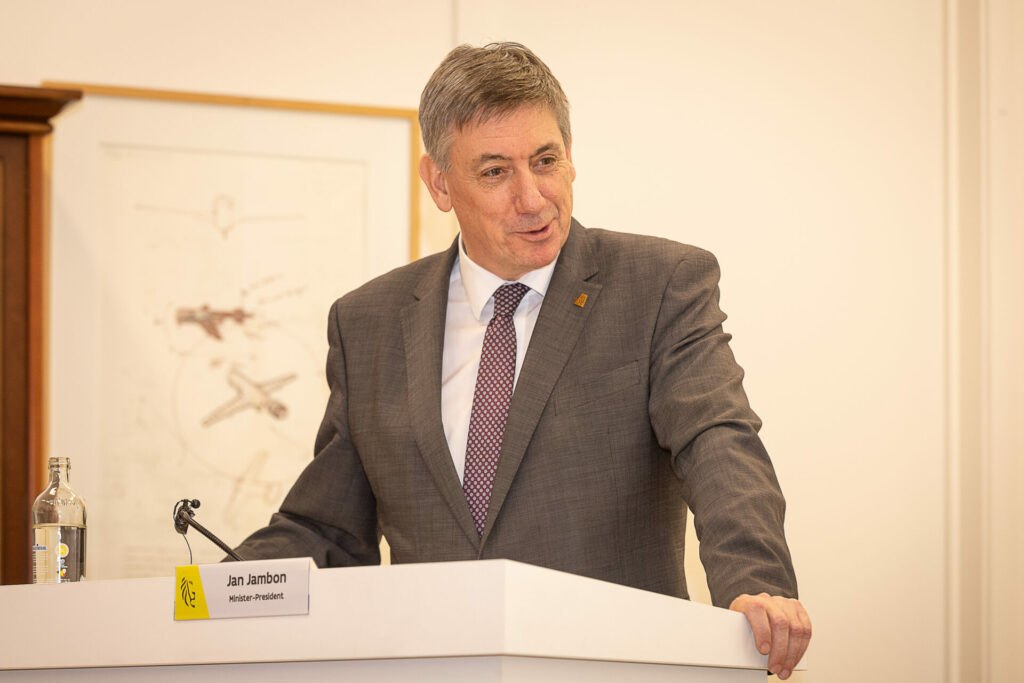Flanders' Minister-President Jan Jambon (N-VA) told Flemish TV on Sunday that his government's latest agreement on nitrogen policy would be prosperous for the region's agricultural sector. The Flemish Government had been locked in month-long negotiations over nitrogen regulation, directly impacting Flemish farmers.
Agreed on Friday, the Flemish Government finally decided on measures to reduce their nitrogen emissions, as had been demanded by the EU. If authorities failed to do so, Flanders would not have been eligible for European funds falling under the Common Agricultural Policy.
However, given that this would not have been possible without changing Flemish farming practices and thus directly changing the rural community's customs, any agreement on nitrogen policy was heavily scrutinised.
Related News
- European Commission moves to cut vehicles' nitrogen oxide emissions by up to 50% in 12 years
- Farmers urge Flemish Government to 'seek solutions'
- 'Legal minefield': Flemish Government cannot find agreement on nitrogen policy
As each party was mindful of getting the best deal for their electorate, the Flemish Government was on the brink of crisis, with the Christian democrats CD&V having refused multiple proposals tabled by the Flemish separatists N-VA.
These ongoing tensions were only further exacerbated when 2,000 tractors descended onto Brussels earlier this month to protest the lack of agreement on the issue.
Nonetheless, the government persisted and reached an agreement on nitrogen policy on Friday, which Jambon believes "was reached with the utmost respect for one another," as he stated on VRT's De Zevende Dag on Sunday.
Translation of tweet: "We have concluded the agreement with the utmost respect for one another. There have been no wounds in our government team. Party politics, that is another matter."
Indeed, the agreement attempted to answer CD&V's issues, promising that their prior criticisms would be further studied by the government. The Christian democrats wanted the thresholds for farming permits to be eased, while also calling for nitrogen to be better redistributed among farms, out of fear that smaller would be punished for the larger emission of others.
Jambon also used his TV appearance on Sunday to wave away any criticisms from the agricultural sector over the agreement not offering them enough support.
Flemish farmers, especially the younger ones, had complained that further restrictions would impact their job prospects, to which Jambon responded that "two-thirds of any future farming investments for farmers up to 45 years old will be paid for by the taxpayer."

